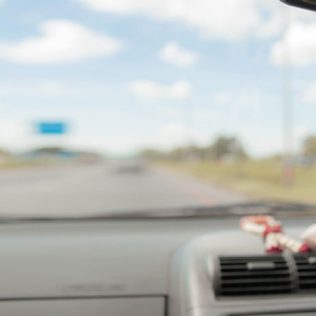Naturally, there are times (especially later on in the month or during particularly hot weather) when abstaining from food or liquids during daylight hours can have quite a dramatic effect on your energy levels. This in turn can affect cognitive function, particularly concentration levels. That means if you’re planning to drive anywhere during Ramadan, you need to take into account the effect fasting has on your body and your mind. Here are a few tips on how to stay safe out on the road during Ramadan – whether you’re fasting or not.
Listen to your body
As the holy month progresses, you can find that your energy levels start to flag earlier in the day. Driving, especially if you’re covering long distances or are in heavy stop-start traffic in the city centre, can be surprisingly tiring, especially after a long day at work. If you are planning a long trip then why not split the driving duties with a partner, so that you each get a chance to rest for at least some of the journey? If your body is telling you that its energy levels are low then try to avoid driving until you’ve had some food or drink after sunset.
Concentration levels
If you are fasting for Ramadan you will find that your ability to concentrate will fluctuate from one day to the next, especially during hot weather, when dehydration can seriously impact on your ability to focus for long periods of time. To drive safely and effectively you need to be able to concentrate on your surroundings, especially when driving along any of the major highways. If you feel that your focus is being impaired then ask a friend to drive for you, or make alternative arrangements.
Busier during the evening
As your routine may change dramatically during the Holy Month then expect road conditions to be very different in the evening and late into the night. You may encounter more traffic than you’d usually expect just before Iftar time as people rush home to break their fast, so prepare for a more challenging driving environment after dark. Leave early enough to allow enough time to arrive at your destination – calmly – and practice patience on the roads.
If you’re not fasting…
It may be tempting to assume that the road conditions, traffic volume, and how people are driving during Ramadan are the same as any other time of the year. Keep the above in mind and remember that road conditions do change in comparison and practice patience and understanding when on the roads
Ramadan is a joyous and deeply spiritual time of the year for millions of people. By looking after yourselves and understanding your limitations, and your ability to focus or concentrate for long periods of time, then you should be able to drive quite safely during this special time of the year.
Ramadan Kareem!

